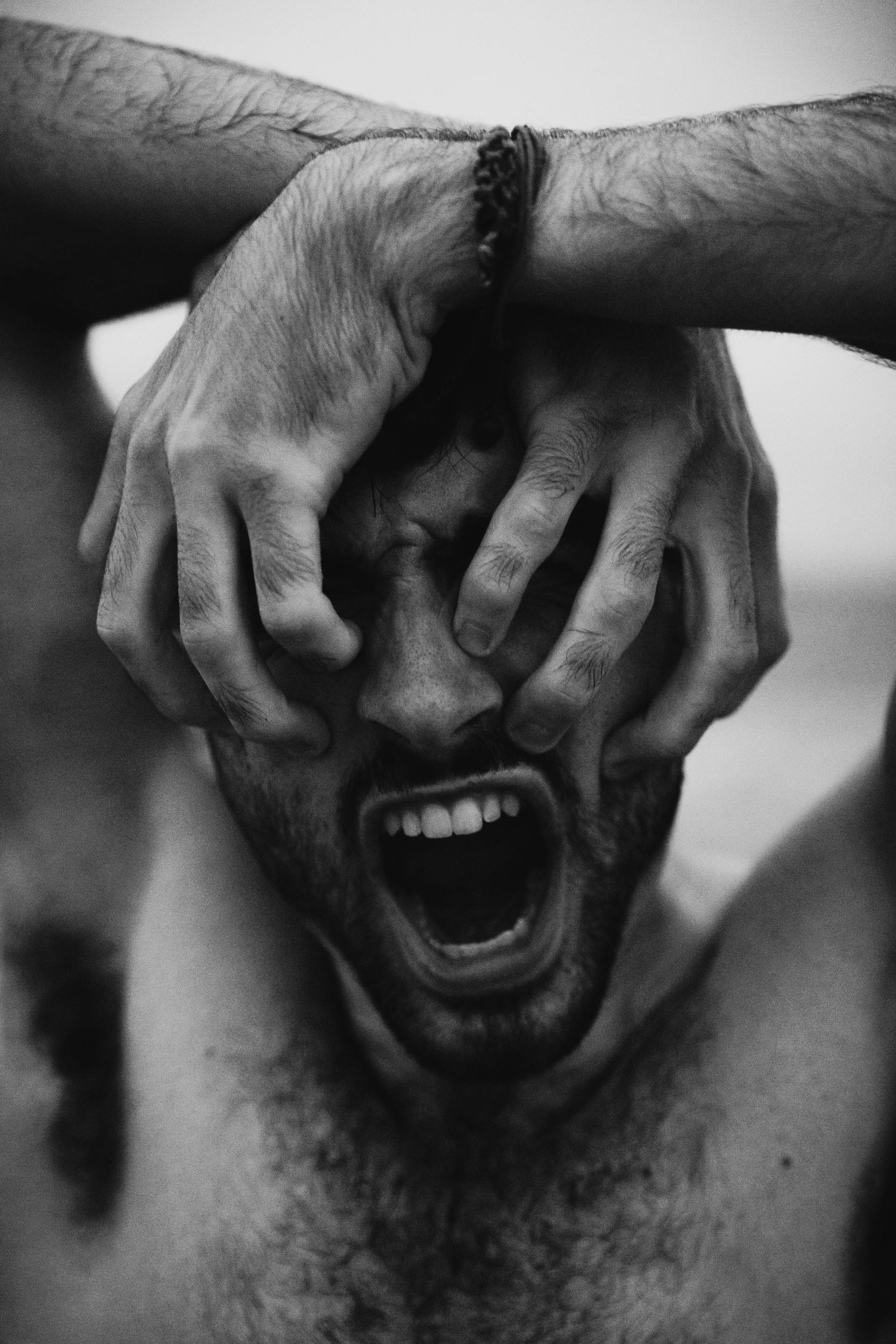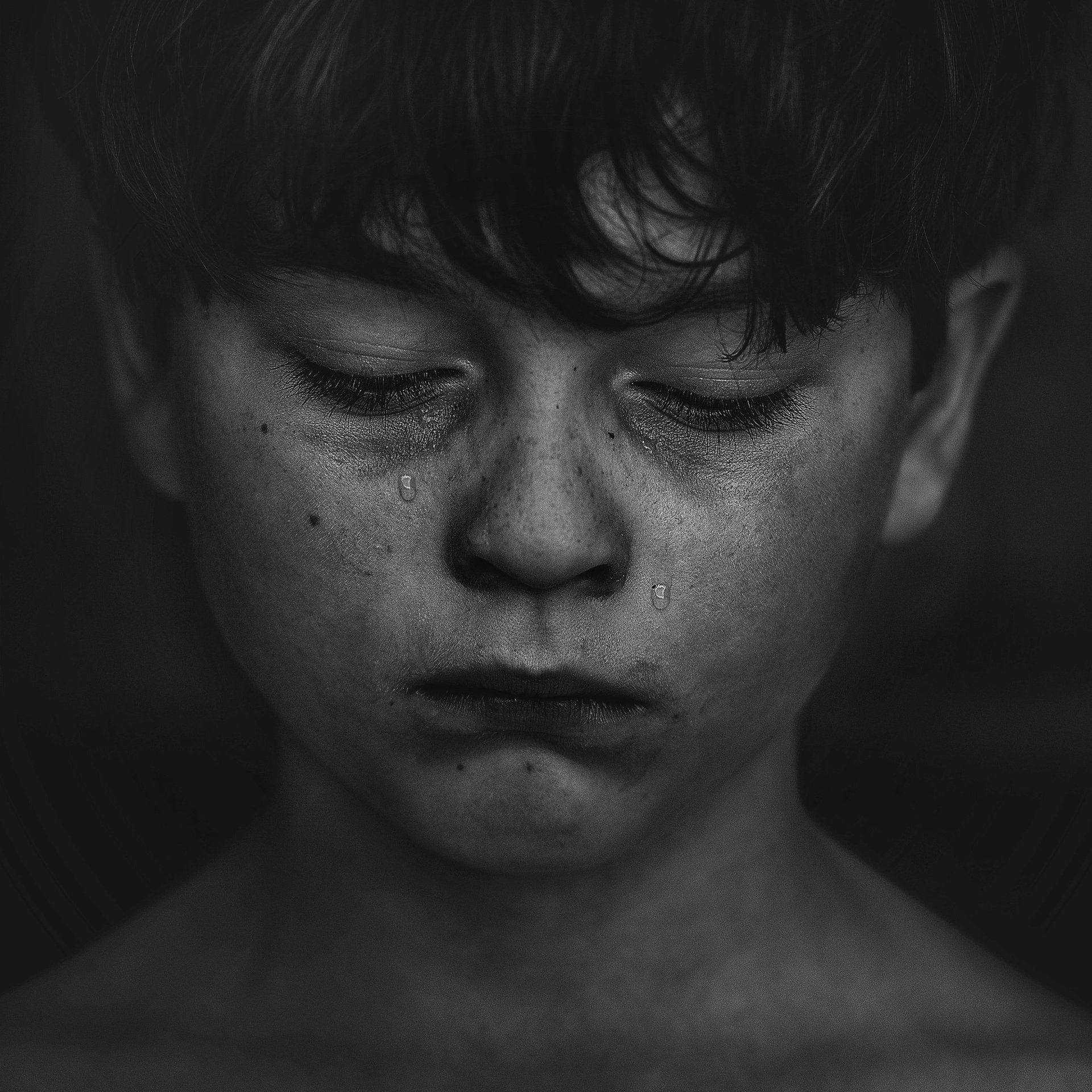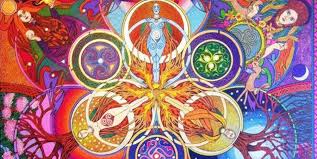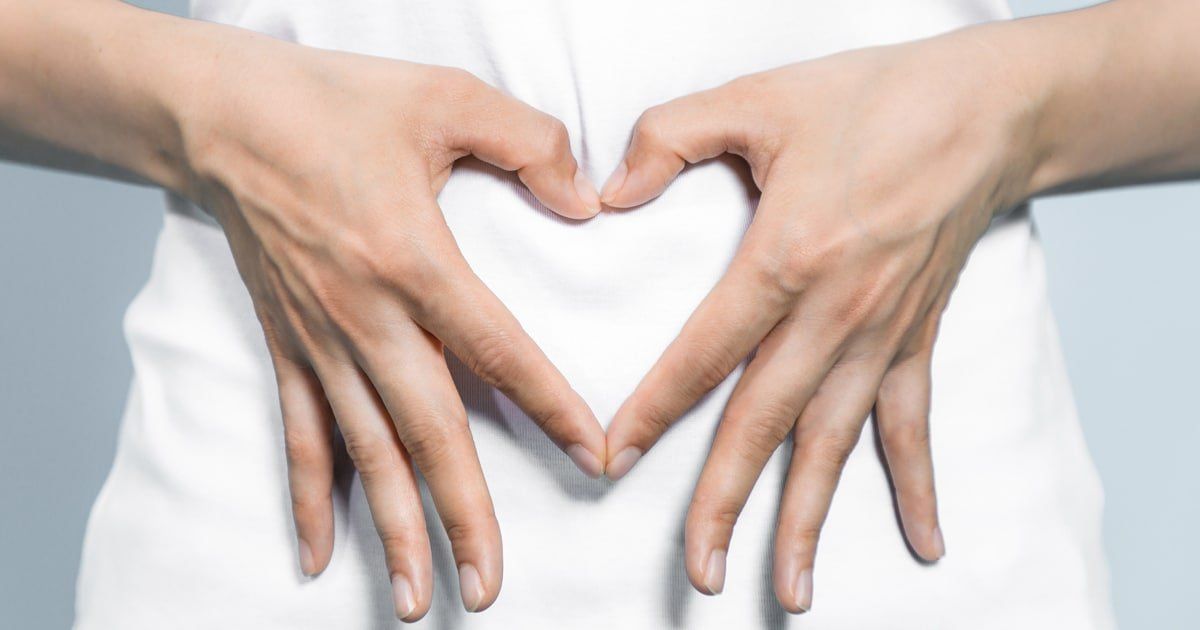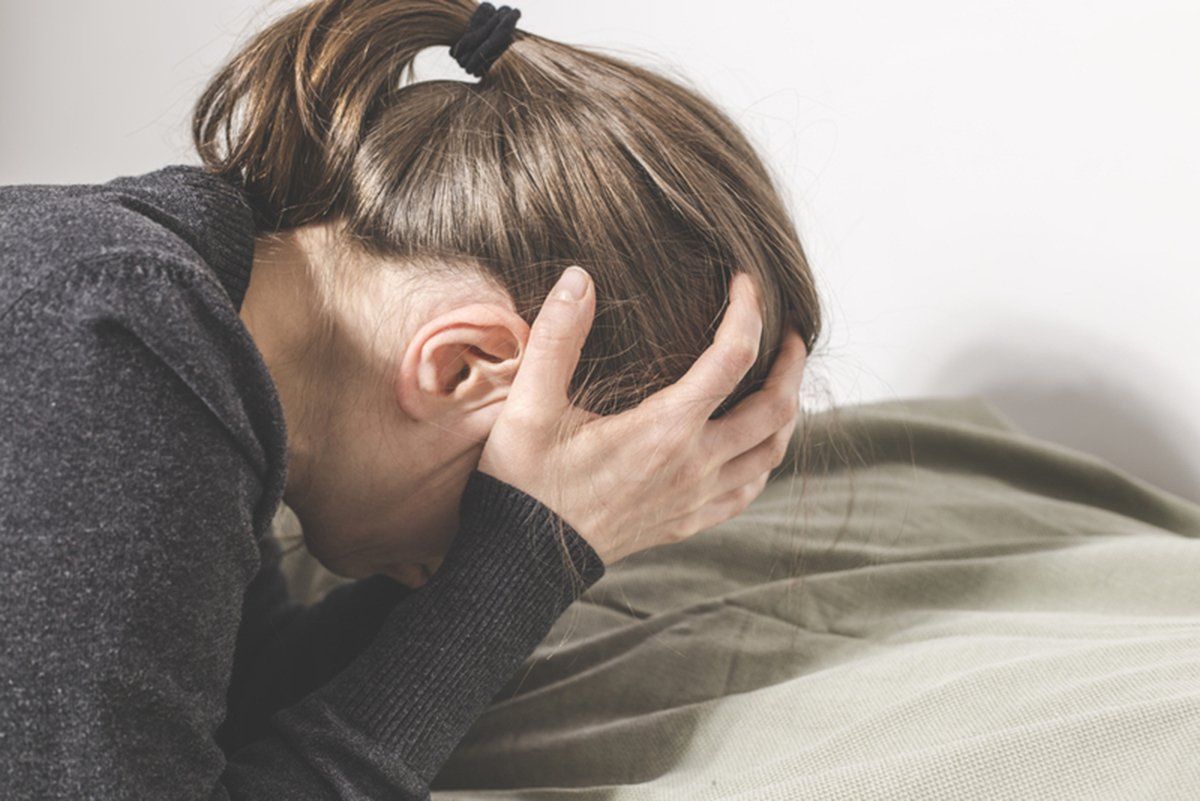AYU-OK Forum
What is Bipolar, Depression and ADHD

- trouble completing assignments or tasks
- frequent daydreaming
- frequent distractions and difficulty following directions
- constant movement and squirming
- It’s important to note that not all people, especially children, who display these symptoms have ADHD. Some are naturally more active or distractible than others.
- learning disabilities
- bipolar disorder
- depression
- Tourette syndrome
- oppositional defiant disorder
- an increase in energy or being “on the go”
- being easily distracted
- talking a lot
- frequently interrupting others
- One of the biggest differences between the two is that bipolar disorder primarily affects mood, whereas ADHD primarily affects behavior and attention. In addition, people with bipolar disorder cycle through different episodes of mania or hypomania, and depression.
- impulsivity
- inattention
- hyperactivity
- physical energy
- behavioral and emotional liability
What is bipolar disorder?
Bipolar disorder is a mental illness marked by extreme shifts in mood. Symptoms can include an extremely elevated mood called mania. They can also include episodes of depression. Bipolar disorder is also known as bipolar disease or manic depression.
People with bipolar disorder may have trouble managing everyday life tasks at school or work, or maintaining relationships. There’s no cure, but there are many treatment options available that can help to manage the symptoms.
Bipolar disorder facts
Bipolar disorder isn’t a rare brain disorder. In fact, 2.8 percent of adults — or about 5 million people — have been diagnosed with it. The average age when people with bipolar disorder begin to show symptoms is 25 years old.
Depression caused by bipolar disorder lasts at least two weeks. A high (manic) episode can last for several days or weeks. Some people will experience episodes of changes in mood several times a year, while others may experience them only rarely.
Bipolar disorder symptoms
There are three main symptoms that can occur with bipolar disorder: mania, hypomania, and depression.
While experiencing mania, a person with bipolar disorder may feel an emotional high. They can feel excited, impulsive, euphoric, and full of energy. During manic episodes, they may also engage in behavior such as:
- spending sprees
- unprotected sex
- drug use
Hypomania is generally associated with bipolar II disorder. It’s similar to mania, but it’s not as severe. Unlike mania, hypomania may not result in any trouble at work, school, or in social relationships. However, people with hypomania still notice changes in their mood.
During an episode of depression you may experience:
- deep sadness
- hopelessness
- loss of energy
- lack of interest in activities they once enjoyed
- periods of too little or too much sleep
- suicidal thoughts
Although it’s not a rare condition, bipolar disorder can be hard to diagnose because of its varied symptoms.
Bipolar disorder symptoms in women
Men and women are diagnosed with bipolar disorder in equal numbers. However, the main symptoms of the disorder may be different between the two genders. In many cases, a woman with bipolar disorder may:
- be diagnosed later in life, in her 20s or 30s
- have milder episodes of mania
- experience more depressive episodes than manic episodes
- have four or more episodes of mania and depression in a year, which is called rapid cycling
- experience other conditions at the same time, including thyroid disease, obesity, anxiety disorders and migraines
- have a higher lifetime risk of alcohol use disorder
Women with bipolar disorder may also relapse more often. This is believed to be caused by hormonal changes related to menstruation, pregnancy, or menopause.
Bipolar disorder symptoms in men
Men and women both experience common symptoms of bipolar disorder. However, men may experience symptoms differently than women. Men with bipolar disorder may:
- be diagnosed earlier in life
- experience more severe episodes, especially manic episodes
- have substance abuse issues
- act out during manic episodes
Men with bipolar disorder are less likely than women to seek medical care on their own. They’re also more likely to die by suicide.
Bipolar disorder in children
Diagnosing bipolar disorder in children is controversial. This is largely because children don’t always display the same bipolar disorder symptoms as adults. Their moods and behaviors may also not follow the standards doctors use to diagnose the disorder in adults.
Many bipolar disorder symptoms that occur in children also overlap with symptoms from a range of other disorders that can occur in children, such as attention deficit hyperactvitiy disorder (ADHD)
However, in the last few decades, doctors and mental health professionals have come to recognize the condition in children.
A diagnosis can help children get treatment, but reaching a diagnosis may take many weeks or months. Your child may need to seek special care from a professional trained to treat children with mental health issues.
Like adults, children with bipolar disorder experience episodes of elevated mood. They can appear very happy and show signs of excitable behavior. These periods are then followed by depression. While all children experience mood changes, changes caused by bipolar disorder are very pronounced. They’re also usually more extreme than a child’s typical change in mood.
Manic symptoms in children
Symptoms of a child’s manic episode caused by bipolar disorder can include:
- acting very silly and feeling overly happy
- talking fast and rapidly changing subjects
- having trouble focusing or concentrating
- doing risky things or experimenting with risky behaviors
- having a very short temper that leads quickly to outbursts of anger
having trouble sleeping and not feeling tired after sleep loss
Depressive symptoms in children
Symptoms of a child's depressive episode caused by bipolar disorder can include:
- moping around or acting very sad
- sleeping too much or too little
- having little energy for normal activities or showing no signs of interest in anything
- complaining about not feeling well, including having frequent headaches or stomachaches
- experiencing feelings of worthlessness or guilt
- eating too little or too much
- thinking about death and possibly suicide
Bipolar disorder in teens
Angst-filled behavior is nothing new to the average parent of a teenager. The shifts in hormones, plus the life changes that come with puberty, can make even the most well-behaved teen seem a little upset or overly emotional from time to time.
However, some teenage changes in mood may be the result of a more serious condition, such as bipolar disorder.
A bipolar disorder diagnosis is most common during the late teens and early adult years. For teenagers, the more common symptoms of a manic episode include:
- being very happy
- “acting out” or misbehaving
- taking part in risky behaviors
- abusing substances
- thinking about sex more than usual
- becoming overly sexual or sexually active
- having trouble sleeping but not showing signs of fatigue or being tired
- having a very short temper
- having trouble staying focused, or being easily distracted
For teenagers, the more common symptoms of a depressive episode include:
- sleeping a lot or too little
- eating too much or too little
- feeling very sad and showing little excitability
- withdrawing from activities and friends
- thinking about death and suicide
Diagnosing and treating bipolar disorder can help teens live a healthy life
Bipolar disorder and depression
Bipolar disorder can have two extremes: up and down. To be diagnosed with bipolar, you must experience a period of mania or hypomania. People generally feel “up” in this phase of the disorder. When you’re experiencing an “up” change in mood, you may feel highly energized and be easily excitable.
Some people with bipolar disorder will also experience a major depressive episode, or a “down” mood. When you’re experiencing a “down” change in mood, you may feel lethargic, unmotivated, and sad. However, not all people with bipolar disorder who have this symptom feel “down” enough to be labeled depressed. For instance, for some people, once their mania is treated, a normal mood may feel like depression because they enjoyed the “high” caused by the manic episode.
While bipolar disorder can cause you to feel depressed, it’s not the same as the condition called depression. Bipolar disorder can cause highs and lows, but depression causes moods and emotions that are always “down.”
The basics of depression and bipolar disorder
Depression
Depression is a mood disorder. It can:
- cause feelings of extreme sadness and despair
- interfere with your sleep and appetite
- lead to overwhelming fatigue
- make it difficult to fulfill your daily responsibilities
Effective treatments for depression are available.
Bipolar disorder
Sometimes, we feel energetic. At other times, we feel unmotivated and sad. Experiencing a range of emotional highs and lows is normal.
If you have bipolar disorder, these ups and downs can be extreme and not necessarily related to anything going on in your life. They’re severe enough to interfere with daily life and can lead to hospitalization.
Bipolar disorder is sometimes called manic depression. Most people with bipolar disorder can function well if they get treatment.
Types of depression and bipolar disorder
Types of depression
The following are some types of depression:
- When depression lasts more than two years, it’s called persistent depressive disorder.
- Postpartum depression is a form of depression that occurs after giving birth.
- If you have depression during a specific season of the year and then ends in another season, it’s called “major depressive disorder with seasonal pattern.” This used to be called seasonal affective disorder.
Types of bipolar disorder
If you have bipolar 1 disorder, you’ve had bouts of major depression and at least one manic episode. Bipolar 1 disorder can cause you to alternate between depressive and manic episodes.
If you have bipolar 2 disorder, it means you’ve had at least one bout of major depression and one episode of hypomania, which is a milder form of mania.
Symptoms of depression and bipolar disorder
Symptoms of depression
A depressive episode involves five or more symptoms. They last most or all of the day for two weeks or more. The symptoms include:
- sadness, hopelessness, worthlessness, or an empty feeling
- pessimism
- guilt
- a lack of interest in things you used to enjoy
- insomnia or sleeping too much
- restlessness or a lack of concentration
- irritability
- eating too much or too little
- headaches, or various other aches and pains
- thoughts of death or suicide, or suicide attempts
Causes of bipolar disorder
Bipolar disorder is a common mental health disorder, but it’s a bit of a mystery to doctors and researchers. It’s not yet clear what causes some people to develop the condition and not others.
Possible causes of bipolar disorder include:
Genetics
If your parent or sibling has bipolar disorder, you’re more likely than other people to develop the condition (see below). However, it’s important to keep in mind that most people who have bipolar disorder in their family history don’t develop it.
Your brain
Your brain structure may impact your risk for the disease. Abnormalities in the structure or functions of your brain may increase your risk.
Environmental factors
It’s not just what’s in your body that can make you more likely to develop bipolar disorder. Outside factors may contribute, too. These factors can include:
- extreme stress
- traumatic experiences
- physical illness
Each of these factors may influence who develops bipolar disorder. What’s more likely, however, is that a combination of factors contributes to the development of the disease.
Is bipolar disorder hereditary?
Bipolar disorder can be passed from parent to child. Research has identified a strong genetic link in people with the disorder. If you have a relative with the disorder, your chances of also developing it are four to six times higher than people without a family history of the condition.
However, this doesn’t mean that everyone with relatives who have the disorder will develop it. In addition, not everyone with bipolar disorder has a family history of the disease.
Still, genetics seem to play a considerable role in the incidence of bipolar disorder.
A diagnosis of bipolar disorder I involves either one or more manic episodes, or mixed (manic and depressive) episodes. It may also include a major depressive episode, but it may not. A diagnosis of bipolar II involves one or more major depressive episodes and at least one episode of hypomania.
To be diagnosed with a manic episode, you must experience symptoms that last for at least one week or that cause you to be hospitalized. You must experience symptoms almost all day every day during this time. Major depressive episodes, on the other hand, must last for at least two weeks.
Bipolar disorder can be difficult to diagnose because mood swings can vary. It’s even harder to diagnose in children and adolescents. This age group often has greater changes in mood, behavior, and energy levels.
Bipolar disorder often gets worse if it’s left untreated. Episodes may happen more often or become more extreme. But if you receive treatmetn for your bipolar disorder, it’s possible for you to lead a healthy and productive life. Therefore, diagnosis is very important.
Bipolar disorder symptoms test
One test result doesn’t make a bipolar disorder diagnosis. Instead, your doctor will use several tests and exams. These may include:
- Physical exam. Your doctor will do a full physical exam.They may also order blood or urine tests to rule out other possible causes of your symptoms.
- Mental health evaluation. Your doctor may refer you to a mental health professional such as a psychologist or psychiatrist. These doctors diagnose and treat mental health conditions such as bipolar disorder. During the visit, they will evaluate your mental health and look for signs of bipolar disorder.
- Mood journal. If your doctor suspects your behavior changes are the result of a mood disorder like bipolar, they may ask you to chart your moods. The easiest way to do this is to keep a journal of how you’re feeling and how long these feelings last. Your doctor may also suggest that you record your sleeping and eating patterns.
- Diagnostic criteria. The Diagnostic and Statistical Manual of Mental Disorders (DSM) is an outline of symptoms for various mental health disorders. Doctors can follow this list to confirm a bipolar diagnosis.
Your doctor may use other tools and tests to diagnose bipolar disorder in addition to these.
Several treatments are available that can help you manage your bipolar disorder. These include medications, counselling, and lifestyle changes. Some natural remedies may also be helpful.
Natural remedies for bipolar disorder
Some natural remedies may be helpful for bipolar disorder. However, it’s important not to use these remedies without first talking with your doctor. These treatments could interfere with medications you’re taking.
The following herbs and supplements may help stabilize your mood and relieve symptoms of bipolar disorder:
- Fish oil.
- Rhodiola rosea.
- S-adenosylmethionine (SAMe). SAMe is an amino acid supplement.
Several other minerals and vitamins may also reduce symptoms of bipolar disorder. Please contact AYU-OK at admin@ayuok.com if you need any advice or book an appointment to meet with one of our practitioners.
Share
AYU-OK BLOGS





